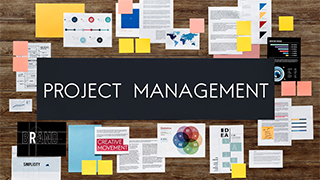About ERP Solutions
At OJ StratTech, we specialise in delivering ERP solutions engineered
to optimize business operations, improve process efficiency, and support scalable growth.
Whether your organization requires a full-scale ERP implementation, system optimization, or
secure data migration, our consultants provide end-to-end guidance rooted in proven
methodologies and industry best practices.
With extensive cross-industry experience, we bring deep domain expertise, advanced technical
capabilities, and a client-focused delivery model to every engagement. We understand that a
high-performing ERP system must align with strategic business objectives, which is why we
tailor every solution to the specific operational needs and long-term goals of each client.
Our comprehensive ERP consulting services cover the full project lifecycle—from system
selection and implementation to data migration, user training, and ongoing support. We
reject generic approaches in favour of targeted strategies that reflect the complexity and
uniqueness of your organization. Whether modernizing legacy infrastructure or deploying a
greenfield system, we deliver ERP frameworks that drive measurable business outcomes.




















